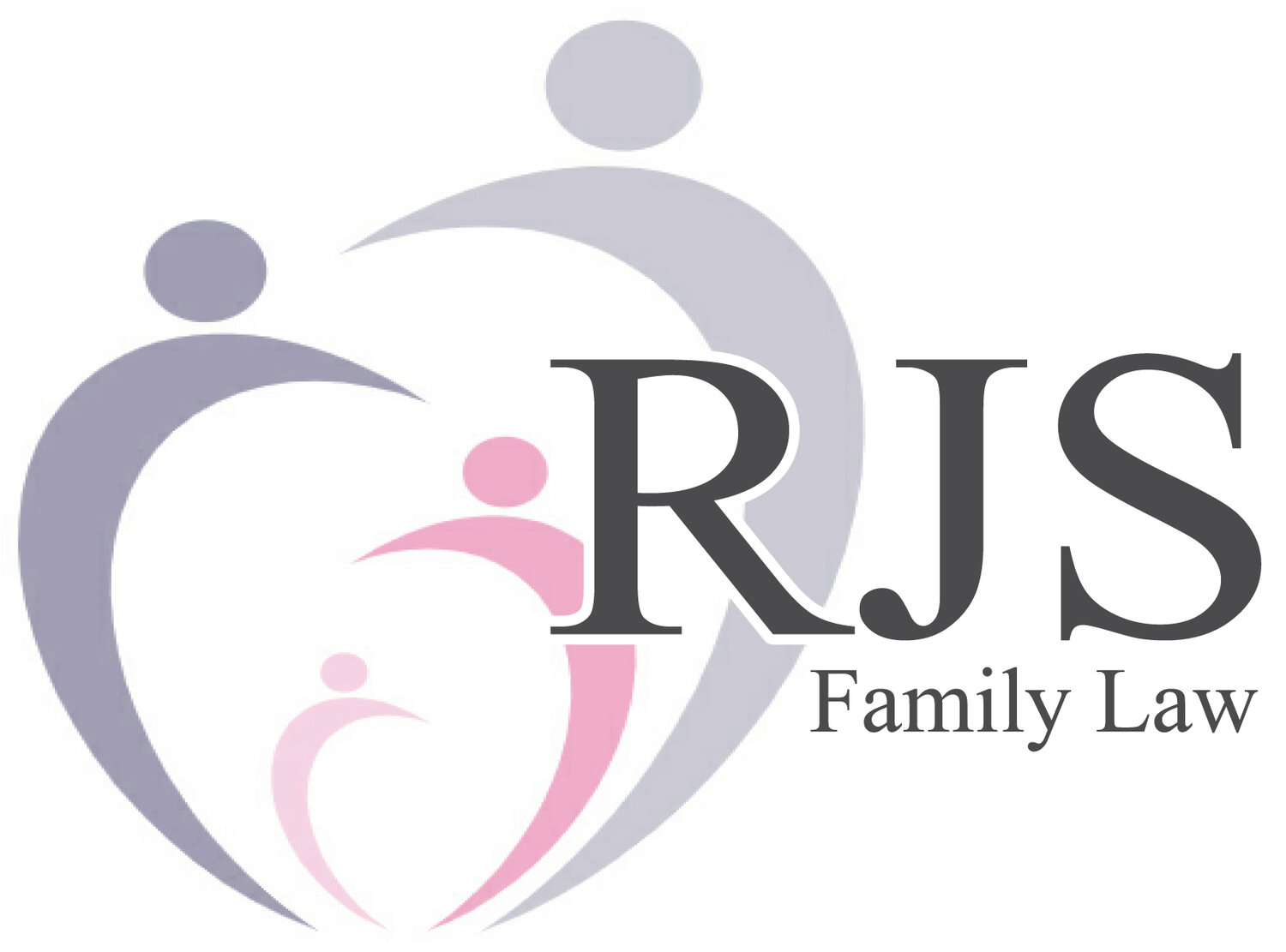How Will Debt Affect You and Your Divorce?
Life, particularly in the UK, is expensive! Demand outstripping supply means that house values are amongst the highest in the western world and this coupled this with the high UK living costs in general – against the average national wage, means that it’s relatively easy to quickly amass large debts in the form of mortgages, loans and credit agreements. So, how does such debt affect a divorce settlement?
A Little About Joint Debts:
When you borrow money or enter into a financial agreement with someone else, such as your wife or husband, you are – in effect – taking on a joint debt. Such joint borrowings or debts might include a mortgage, finance agreements, a joint bank account and loans.
Shared credit will affect your own personal credit file and status - making an association with your partner who will be named as a financial associate on your credit file. Therefore, it naturally follows that if your partner has a history of defaults this can and will have an adverse impact on your credit file – even if joint accounts and loans are kept up to date.
You and your partner are both responsible for all joint accounts and debts. If your partner is unable to pay, you’re not just responsible for what you consider to be ‘your half of the debt;’ you’re responsible for the full amount - regardless of any personal agreement you might have had with your spouse. This is known as ‘joint and several liability.’
Prior to looking at both yours and your spouse’s individual earnings, capacity to work as well as where and with whom any children you might have had together will reside, the court will initially begin with a ‘50/50’ split dividing the value of assets and of course debts equally between the two of you.
Your Partners Debts:
If a loan or debt is in your partners name, you cannot be held liable unless you have acted as guarantor when the loan was taken out.
Individual debt, particularly where one spouse has had the sole benefit, is kept separate from the calculation of matrimonial assets. This is also the case for any debt your spouse incurred prior to marriage.
However, where the benefit of a personal debt is found to have benefitted both you and the family, it might well be the case that the court would consider it to be ‘matrimonial debt.’ Home improvements, family holidays and family cars are typical examples of such debts. Sometimes an ex spouse will argue that some of their individual debts benefited the family, even if that wasn’t the case. Proving otherwise can be both difficult and costly and quite often, the costs of challenging can more than offset any potential gain! Sometimes it’s better to simply get things agreed and over with as soon as possible to not only limit legal expenditure, but also, to allow you to move on with your life more quickly.
Talk to RJS Family Law today; we can help you sort out everything to do with your divorce - to include finances, splitting assets and debt.
